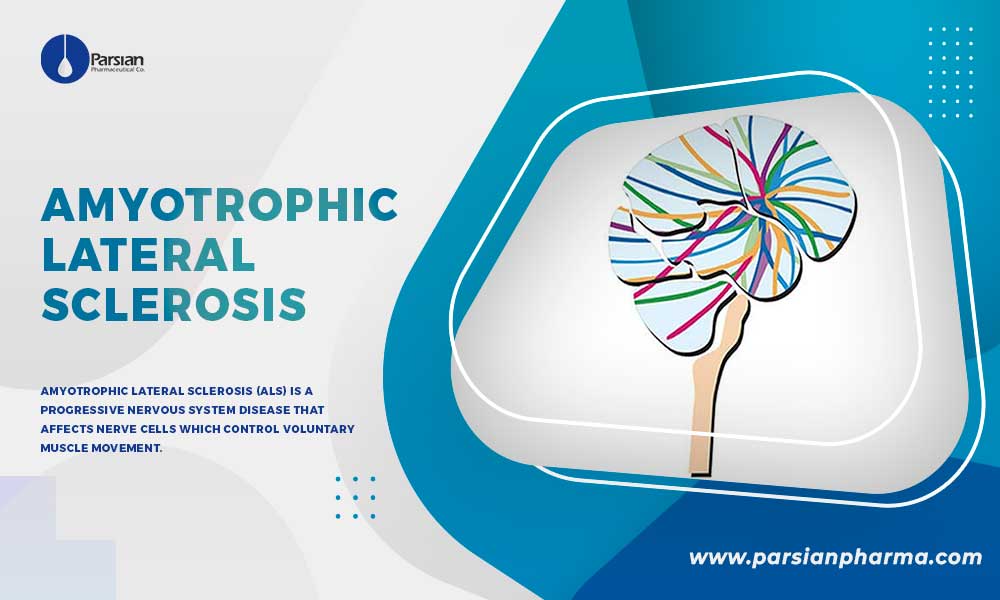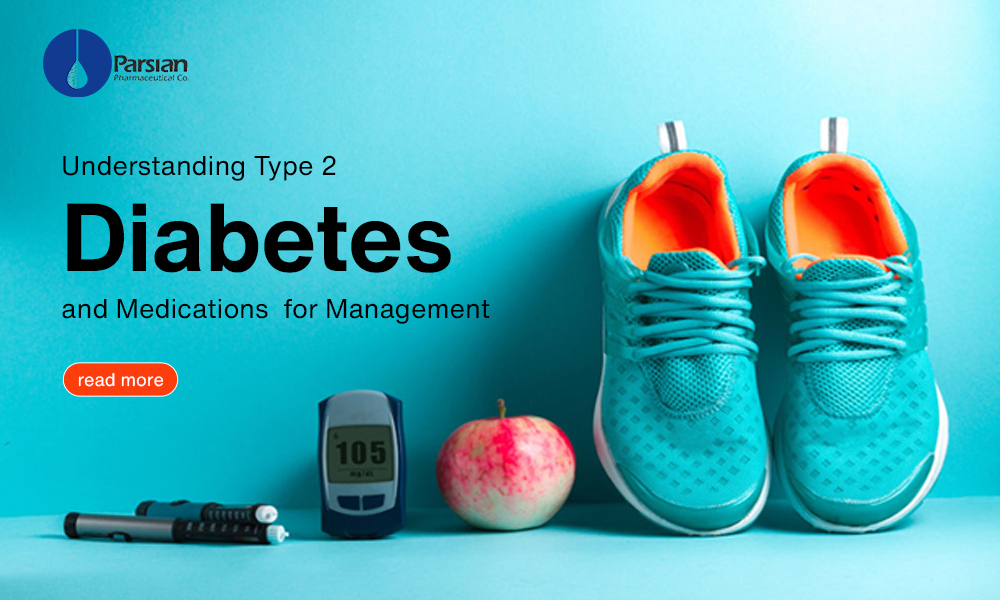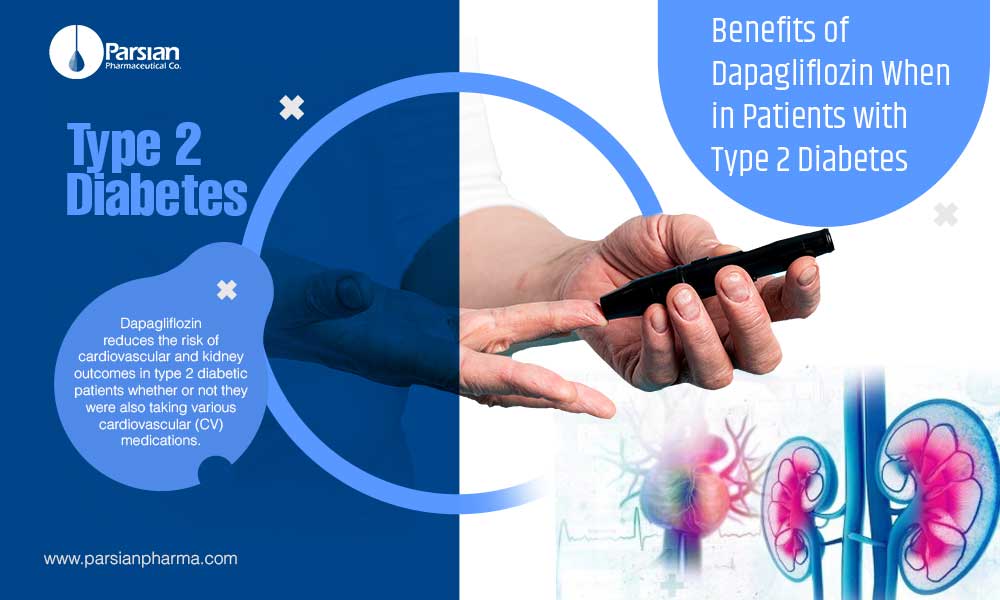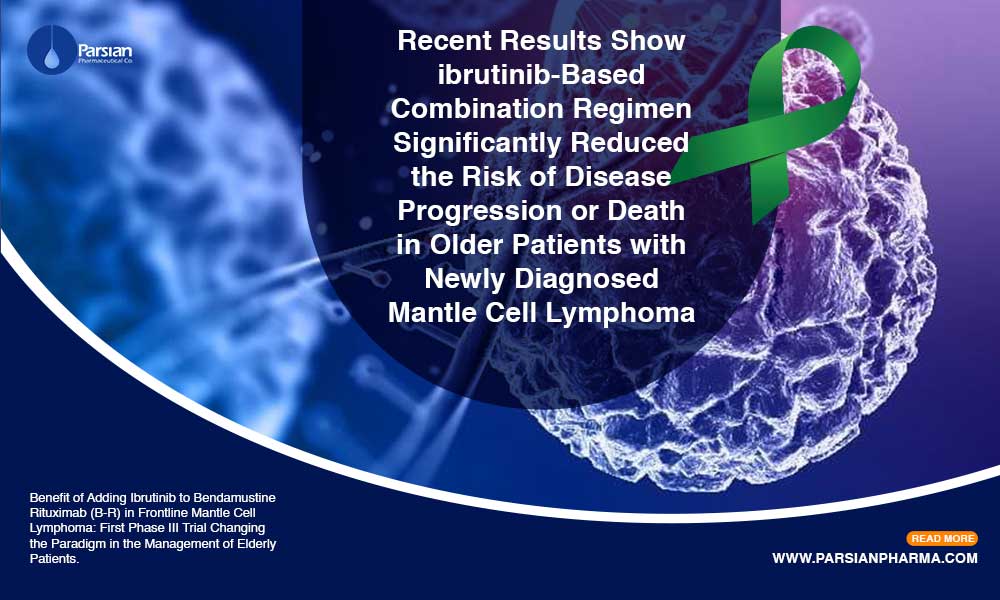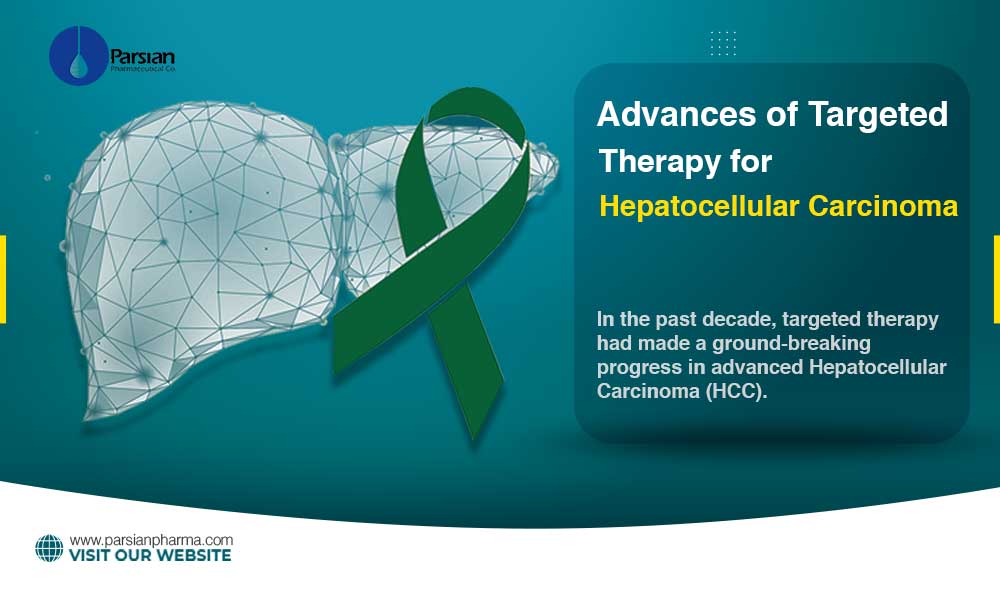COVID-19 infection even mild ones may increase Risk of Developing Diabetes
A recent study followed people with mild COVID-19 to analyze whether or not they had an increased risk of developing diabetes. As a sway, they also tracked individuals with an acute upper respiratory tract infection (AURI). The researchers concluded that individuals with mild COVID-19 had a higher risk of developing type 2 diabetes than those with an AURI.
Introduction
There is now evidence of the high incidence and large burden of long COVID, with harmful effects on quality of life and on the economy already obvious. According to data from the Office for National Statistics (Jan 31, 2022), 1·5 million people in the UK reported experiencing long COVID, with 65% of those reporting a negative impact on their day-to-day activities. Within the UK and USA, millions are taking long-term absence from the workforce because of long COVID.
The adverse effects from long COVID vary from fatigue and difficulty concentrating, to neurological and neuropsychiatric symptoms, cardiovascular and respiratory problems, and metabolic disease. Earlier in the pandemic, the discourse largely focused on acute illness, and maybe rightly so. However, long COVID has now clearly emerged as a public health concern that may not only disrupt health care of individuals living with non-communicable diseases (NCDs) but likely also increase the burden of NCDs.
A growing body of evidence suggests that beyond the primary 30 days, the acute phase of the disease, patients with COVID-19 could experience post-acute sequelae, referred to as long COVID, which may involve pulmonary and extra pulmonary organ system manifestations, including diabetes outcomes. Although diabetes and other glycometabolic abnormalities have been widely reported during the acute phase of COVID-19, less is known about the risk and burden of diabetes and related outcomes in the post-acute phase of COVID-19. An in-depth assessment of the danger and burden of diabetes in the post-acute phase of COVID-19 is needed to inform post-acute COVID-19 care strategies.
Following a SARS-CoV-2 infection, some patients develop long COVID. These individuals may experience fatigue, brain fog, and general pain that may last for months. A group of researchers recently investigated whether COVID-19 might also increase the risk of developing type 2 diabetes.According to the Centers for Disease Control and Prevention (CDC), type 2 diabetes, the most common form of diabetes, affects approximately 1 in 10 people in the United States. With such huge numbers of individuals experiencing a COVID_19 infection, even a comparatively small increase in the risk of diabetes following COVID-19 could put considerable pressure on an already stretched health system.
COVID-19 and Risk of Developing Diabetes
According to the researches, the SARS-CoV-2 virus targets the pancreas — the location of insulin production. There’s also some evidence that “new-onset hyperglycemia and insulin resistance are reported in patients with COVID-19.”
With this in mind, researches set out to study the prevalence of type 2 diabetes following mild cases of COVID-19. The authors accessed the patient records of 8.8 million people in Germany. Using these records, they honed in on people with either a COVID-19 or AURI diagnosis in a primary care setting. The patients’ initial visits were made up of March 2020 through January 2021. The researchers then searched for individuals with either COVID-19 or AURI who also made follow-up appointments. In all, the study compared 35,865 COVID-19 patient records with 35,865 AURI patient records. The authors found that a higher percentage of patients with COVID-19 developed type 2 diabetes in the months following infection. Of those with COVID-19, 15.8 per 1,000 developed type 2 diabetes. Of those with AURIs, 12.3 per 1,000 people developed type 2 diabetes.
This means that the relative Source of developing diabetes was 28% greater in those with COVID-19.
- People who get COVID-19 have a greater risk of developing diabetes up to a year later, even after a mild SARS-CoV-2 infection, compared with people who never had COVID_19, an enormous study of almost 200,000 patients shows.
- The research, published in The Lancet Diabetes & Endocrinology (March 21, 2022) is one amongst a growing number of studies showing that COVID-19 can increase a person’s risk of diabetes, months after infection.
Some ongoing evidence for explanation the link between Covid-19 & Diabetes:
- COVID-19 infection may lead to diabetes by upregulation of the immune system after remission, which may induce pancreatic beta-cell dysfunction and insulin resistance, or patients may have been at risk of developing diabetes because of having obesity or prediabetes, and also the stress COVID-19 put on their bodies speeded it up.
- Previous studies have shown that there’s a link with virus infection and development of diabetes. They suggest that infection is a second trigger in people that are already predisposed to develop diabetes.
- COVID-19 can lead to an increase in inflammatory markers, which can cause pancreatic dysfunction,” “Also, some medications used to treat [SARS-CoV-2] infection can increase the risk of diabetes.”
Risks amplified
- The latest analysis found that people who had had COVID-19 were about 40% more likely to develop diabetes up to a year later than were veterans in the control groups. That meant that for each 1,000 people studied in each group, roughly 13 more individuals within the COVID-19 group were diagnosed with diabetes. Most cases detected were type 2 diabetes, during which the body becomes resistant to or doesn’t produce enough insulin.
- The risk of developing diabetes rose with increasing severity of COVID-19. Patients who were hospitalized or admitted to intensive care had roughly triple the risk compared with control group who did not have COVID-19.
- According to the researches Even people who had mild infections and no previous risk factors for diabetes had increased odds of developing the chronic condition. Of the individuals with COVID-19 who avoided hospitalization, an extra 8 people out of each 1,000 studied had developed diabetes a year later compared with individuals that weren’t infected. People with a high body-mass index, a measure of obesity, and a noticeable risk factor for type 2 diabetes, had quite double the risk of developing diabetes after a COVID_19 infection.
“When this whole pandemic ends, we are going to be left with the legacy of this pandemic, which is a legacy of chronic disease” for which health-care systems are unprepared.
In a world where the new mantra is to find out to live with COVID-19, long COVID can’t be ignored. Any strategy to learn to live with COVID-19 must also aim for a healthy post-pandemic world—that is what return to normalcy should look like.
There is more information about COVID 19 & TYPE2 DIABETES in our recent articles.
related products :
References



